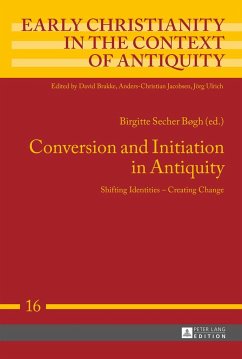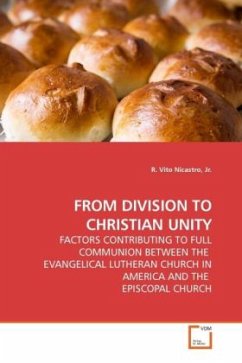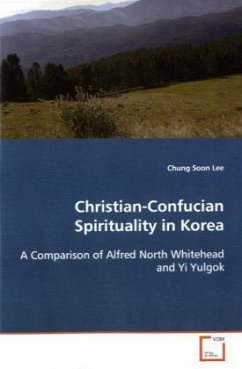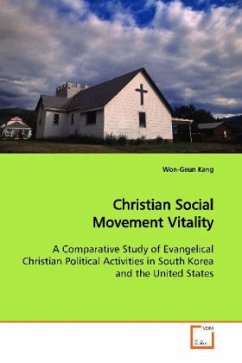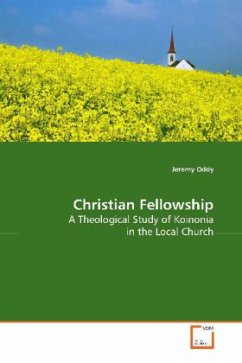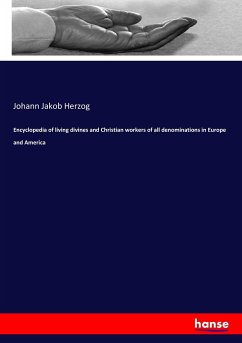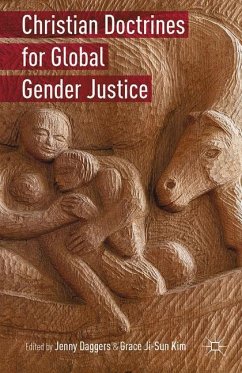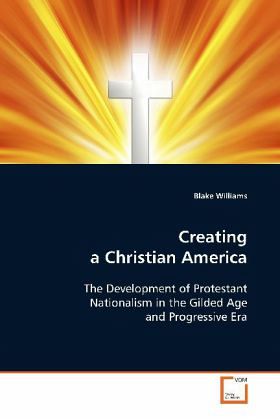
Creating a Christian America
The Development of Protestant Nationalism in the Gilded Age and Progressive Era
Versandkostenfrei!
Versandfertig in 6-10 Tagen
45,99 €
inkl. MwSt.

PAYBACK Punkte
23 °P sammeln!
The United States of America has been called a"Christian nation." Yet what does that mean? Moreimportantly, where did this idea come from? This worksets to answer both of those questions by looking atthe development of "Protestant nationalism"--amovement following the Civil War that infusedProtestant religious ideology with ideas ofAmericanism. At it''s core, Protestant nationalism wasbuilt on the idea of reform--reform for a countrydivided and reform of an American people who strayedfrom their faith. Those success however, transformedProtestant nationalism into a cultural movement, onethat so...
The United States of America has been called a
"Christian nation." Yet what does that mean? More
importantly, where did this idea come from? This work
sets to answer both of those questions by looking at
the development of "Protestant nationalism"--a
movement following the Civil War that infused
Protestant religious ideology with ideas of
Americanism. At it''s core, Protestant nationalism was
built on the idea of reform--reform for a country
divided and reform of an American people who strayed
from their faith. Those success however, transformed
Protestant nationalism into a cultural movement, one
that sought to define the nation in distinct
socio-religious terms. From 1870-1920, this movement
proved successful in that endeavor.
"Christian nation." Yet what does that mean? More
importantly, where did this idea come from? This work
sets to answer both of those questions by looking at
the development of "Protestant nationalism"--a
movement following the Civil War that infused
Protestant religious ideology with ideas of
Americanism. At it''s core, Protestant nationalism was
built on the idea of reform--reform for a country
divided and reform of an American people who strayed
from their faith. Those success however, transformed
Protestant nationalism into a cultural movement, one
that sought to define the nation in distinct
socio-religious terms. From 1870-1920, this movement
proved successful in that endeavor.



